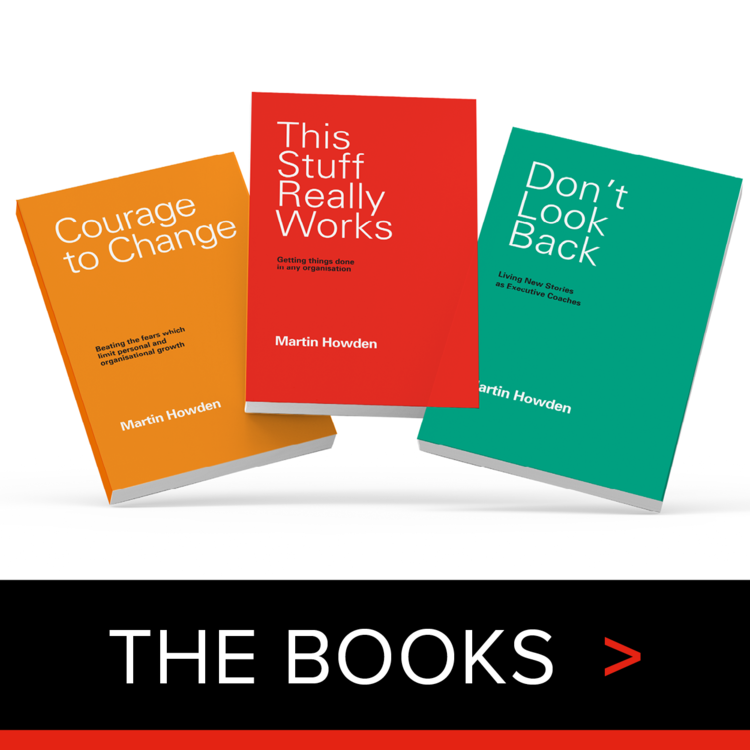FAMILY MATTERS
We coaches are fond of sharing our ideas with each other. So I was intrigued to come across an on-line conversation recently along the lines of “What’s your favourite opening question when coaching?”.
Lots of answers like “How would you like to use your time today?” or “What would success look like for you today?”.
I thought about this, and realised that my opening question has become some variant of
“How are the family?”.
For “family” read partner, parents, children, siblings and so on.
It’s turning out to be a great opening question, for a number of reasons.
Firstly, it often opens up something much more profound than you might imagine. Much deeper.
Say you’ve got troubled teenagers at home. Might that impact your ability to focus on your workplace problems? To deal with difficult people issues? To remain calm under pressure?
Or what if you have a parent in hospital? A partner suffering with depression?
In allowing time for talking about these things, are we going to solve them? Probably not, but if the talking is therapeutic and frees up the mind to think about the workplace challenges, then we might very well find solutions to them. Solutions that we wouldn’t otherwise have found.
Bur secondly, in doing this as coaches, we are modelling good leadership. And good management. As leaders and managers, if we take a genuine interest in the wider lives of our team, not only do we give them a chance to “process and focus”, but we also create a bond which is likely to increase their commitment to the workplace challenge as well.
As coaches, leaders, managers, we are dealing with the whole person, not just the bit that shows up at work.
And then there’s a third reason.
It’s amazing to me how frequently the client will realise that the lessons they need to learn to cope with family challenges are the same lessons they need to grow in the workplace.
Themes such as over-parenting (of children, of staff); of poor boundaries (“I can do it all”); of the need for control (“I need to do it all”); of dealing with loss (“what do you mean we need to move on?”); of not letting go (“this is my baby”).
We are, it turns out, whole people after all. The way we behave over there might look a lot like the way we behave over here. Only the context is different.
“How are the family?”.
Not quite the simple question it might seem then. It can open up a world of learning, if we have ears to hear.


